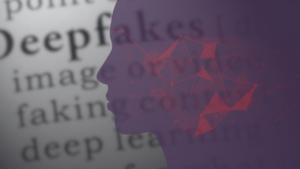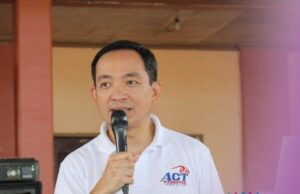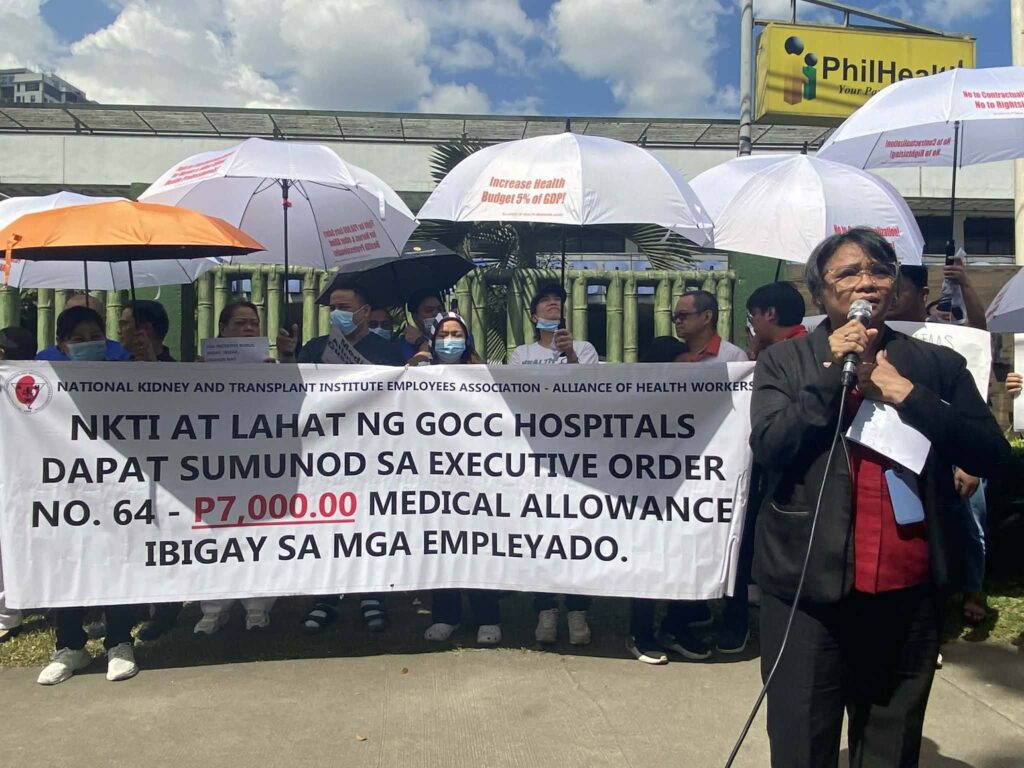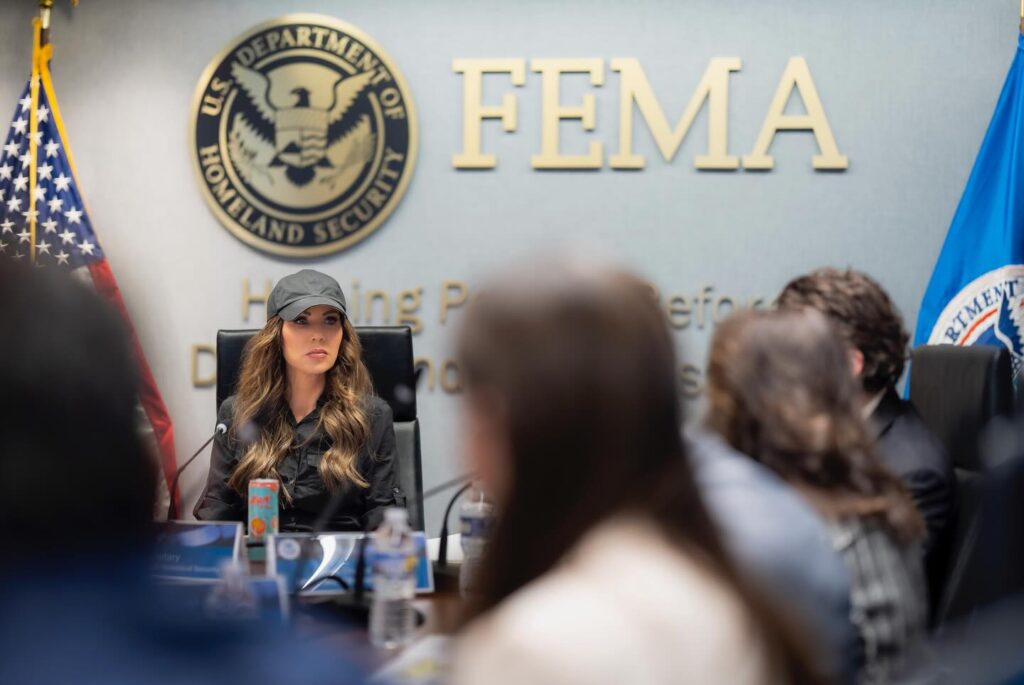📷globalinitiave.com
Government agencies and anti-disinformation advocates saw the need to pass a law regulating social media while protecting the freedom of speech as online disinformation casts a long shadow over 2025 polls due to artificial intelligence (AI).
During the recent Social Good Summit (SGS) held by Rappler, the Commission of Elections (Comelec) and the Department of Information and Communications Technology (DICT) envisioned that working with social media platforms would lead to the swift removal of false and misleading content posted by candidates’ accounts registered with the election commission.
For context, deepfakes targeting journalists and even politicians in the Philippines have surged over the past year, amplifying concerns about AI-driven disinformation as the country approaches the 2025 general elections.
In April, Malacañang warned the public against the deepfake audio clip of President Ferdinand Marcos Jr. allegedly ordering a military attack. Then, in July, a video flagged by deepfake detection tools surfaced, depicting a person resembling a younger version of the president using drugs.
Veteran journalist Ruth Cabal also fell victim to AI manipulation in a viral video last December, where her likeness was used to promote a get-rich-quick scheme.
In the United States, more than a dozen states have enacted laws to regulate deepfakes ahead of the November 2024 presidential election, though federal legislation remains stalled in the US House of Representatives.
Meanwhile, in the Philippines, the likelihood of passing an anti-disinformation measure before next year’s midterm elections is almost nonexistent.
Unfortunately, the Comelec operates under an outdated election code that predates the Philippines’ post-EDSA democracy. This code, passed in 1985, lacks any provisions for social media campaigning, which didn’t exist at the time.
Despite that, the poll body has issued guidelines regulating AI use in campaigns.
According to Comelec’s resolution, candidates must disclose any AI usage in their campaign materials and are prohibited from disseminating disinformation through deepfakes, fake news, fake accounts, bots, and coordinated inauthentic behavior, among other tactics. Violators may face election offense charges.
However, Comelec Chairperson George Garcia is aware that this is just a temporary solution to fix the issue of misinformation in the Philippines.
“We can regulate the candidates, and they will be afraid. We will threaten them with disqualification, election offense cases, and one to six-year imprisonment. But how about the supporters? Candidates always claim supporters are the culprits, not them,” he said.
However, the only legal basis for the Comelec to establish social media guidelines for campaigning comes from a vague clause in Republic Act No. 9006, or the Fair Election Act of 2001, which mandates that election propaganda on “any other medium” should be under Comelec’s oversight.
“At this point, the Comelec promulgated the rules per RA 9006. But I will readily admit to all of you, as regards its legality and constitutionality, it might be questioned later on,” Garcia said.
DICT Undersecretary Jeffrey Ian Dy, however, stated that their agency is developing an executive version of a bill, assuring that it will prioritize the protection of free speech rights.
“Progressive violations can mean taking down the posts, but we want that space where you can still be more responsible and say, ‘Oh, don’t worry, this is just political satire.’ We will tag it as fake. That simple,” Dy said.
“We are promoting and actively engaged with the legislature on the passing of a social media regulation bill. I think this is now ripe and mature,” he added.
Lack of urgency
On the other hand, watchdog group Movement Against Disinformation has likewise noted a lack of urgency from social media platforms in addressing incident reports.
“For example, there was one candidate who was promising to distribute hordes of gold upon election. What we did was we went to the major social media platforms to complain. It took them a long time to get back to use. And that was experienced by even the government regulators. That is a legal environment that we are working under,” MAD Chairman Rico Domingo said during the summit.
“Without a social media regulation law, properly crafted, we don’t have hope here,” Domingo added.
The DICT stated that while individuals can report incidents to them through ph-cert@dict.gov.ph, the reporting process is not without flaws.
Dy acknowledged that DICT cannot handle reports for 125 million Filipinos, as the National Computer Emergency Response Team primarily focuses on critical information infrastructures and high-risk individuals, such as media personalities. (TCSP)




